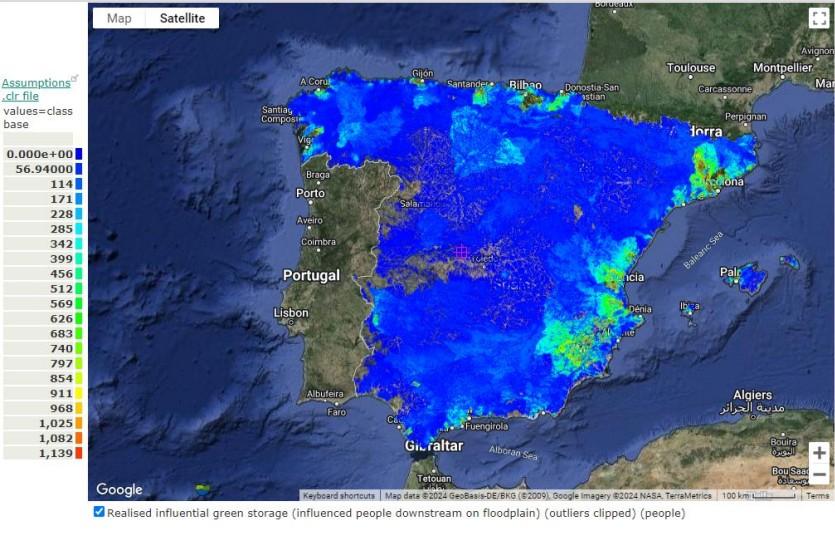Breaking: ReSET Unveils Radical Roadmap to Reshape Tomorrow's World

Pioneering Environmental Intelligence: The ReSET Project's Breakthrough Solutions
In a groundbreaking initiative, the ReSET project has harnessed the power of Environmental Intelligence to revolutionize sustainable decision-making across Europe. By developing cutting-edge tools like WaterWorld and FreeStation, the project is empowering policymakers and stakeholders with unprecedented insights into nature-based solutions.
These innovative platforms represent a significant leap forward in environmental management, offering sophisticated analytical capabilities that transform complex environmental data into actionable strategies. WaterWorld and FreeStation stand as testament to the project's commitment to bridging scientific research and practical policy implementation, providing a robust framework for addressing critical environmental challenges.
Through these advanced tools, the ReSET project is not just analyzing environmental systems, but actively creating pathways for more sustainable, resilient, and intelligent approaches to environmental conservation and urban planning. By democratizing access to sophisticated environmental intelligence, the project is setting a new standard for evidence-based environmental decision-making across the continent.
